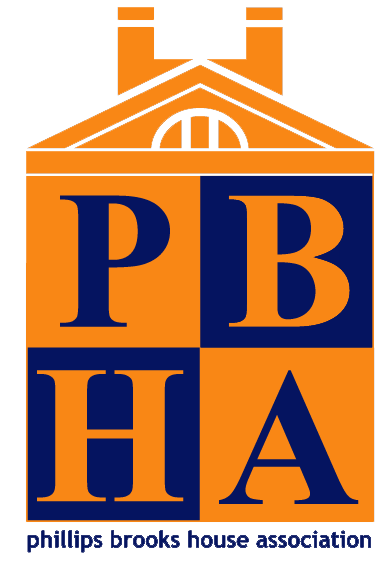Meherina Khan '21 Recognized as one of Glamour's 2020 College Women of the Year
We were so excited to learn that PBHA's 2020 President Meherina Khan '21 was featured as one of Glamour's Top 10 college women of the year. Meherina chose to focus on sharing about PBHA in her interview and we're thrilled to highlight it below.
Meherina Khan
For a nonprofit, the Phillips Brooks House Association (PBHA) is doing quite well for itself. It runs more than 80 programs, including a network of neighborhood-based summer camps that serve more than 800 kids in Boston and Cambridge and two homeless shelters. It has been around since 1904. With such bona fides, it seems like the kind of institution that could be filled with ambitious professionals and a team of well-dressed retirees.
“I think a lot about radical love, and how that fuels our work,” Khan explains. “In activism spaces and in this era, we’re often fueled by everything that’s wrong, right? There’s so much anger, because there is so much to be angry about. But at the same time, anger can be exhausting.” As clichéd as it sounds, she chooses love instead. Over the past few weeks, as thousands have rallied to call for justice and an end to racism even older than America, Khan has found herself thinking about how “the oppressive structures in our social lives work” and how love and attention—well-channeled—might be able to dismantle them.“It’s not that people who are discriminated against are not talking,” Khan points out. “It’s not that they’re not speaking up for themselves. It’s that no one is listening. I want to be someone who listens with my full, complete self. But at the same time, I’m cognizant of the fact that—even unknowingly or unintentionally—I’ve probably been a part of these systems that have caused harm.”“At Harvard, I've become more aware of the privilege that I have,” she continues. “Yes, I'm the child of immigrants. Yes, I come from a low-income background. Yes, I'm a part of a minority population. But the privilege that I’ve had to be able to come to a place like Harvard—that immediately changes the way that people perceive me. Because of Harvard, people now feel a little bit more inclined to hear me out, to make room for my voice. Now I have to think, Well, what can I do with this voice?” —M.K.
